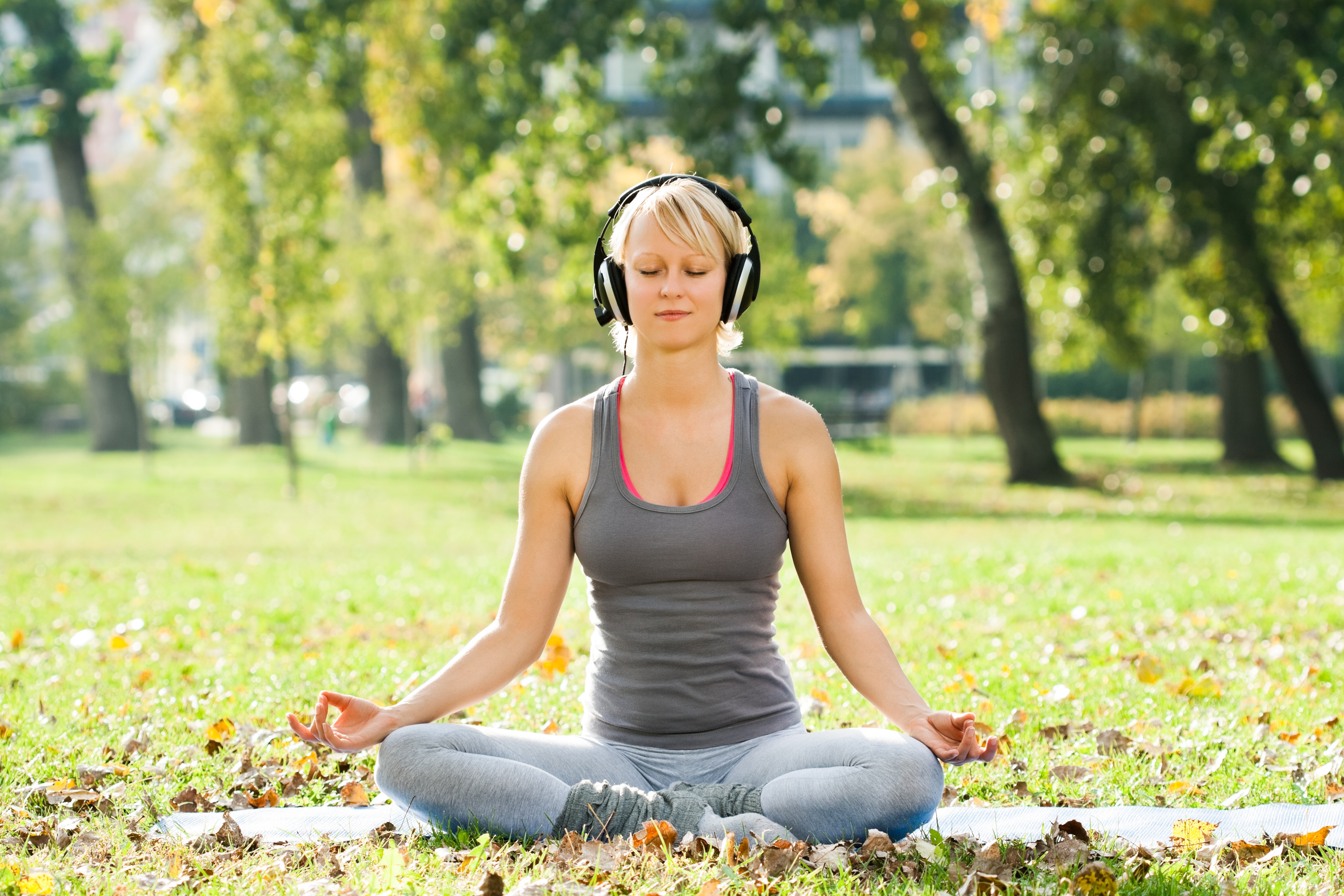The Mental Benefits of Play
What is Play?
Play is an extraordinarily ingrained part of our culture in Australia and cultures all over the world. In fact, there’s anthropological and socio-cultural evidence that play is universal although the expression of it varies by culture of course.
Around the world, we have institutions dedicated to the history of play including this toy museum in Singapore, as well as this Museum of play in New York, which has collected, catalogued, preserved and interpreted the history of play. A recent analysis suggests that games represent 10% of the time smartphone users spend on apps. On average, there are eight games installed per mobile device in the USA. Globally, smartphone users play an average of two to five games per month and of the 3.3 million apps on the iOS app store alone, about 25% are games. Although I think we probably need to study online apps and games more to understand whether people are positively engaging in something or whether they’re mindlessly disengaging from something else, play seems to have a component of mindfulness – being fully invested in that moment, with little awareness of what might be going on around you.
In all it’s fair to say, I think, that we are obsessed with play.
But what is play actually? How do we define it? It turns out that plays is an extraordinarily challenging concept to define accurately although several people have attempted to articulate what it really is. You can find some examples here and here.
Several notable researchers in the field have a argued that play Is unique to the human species. But any of us who has a cat or dog as a pet or has ever been to the zoo and watched animals interacting with each other and sometimes with humans would most likely say that play is definitely a characteristic of other species. When I walk my dog on the beach and see lots of dogs running around chasing balls, barking, splashing in the water, jumping on each other and rolling in the sand, they just look like they’re having a great time.
Playing also seems to have a contextual component. For example, if you and your friends are standing around your living room on a Saturday night riffing on air guitar and air drums, we would probably say that’s play. If you’re doing the same thing in the middle of busy road on weekdays when you should actually be at work, we would be less inclined to call that play.
Play is voluntary of course; we generally have a feeling of enjoyment while we’re playing, and rules may not apply (unless you’re playing Dungeons and Dragons or Monopoly. Then rules definitely apply!) At the bottom of it all, play is one of those things that we know when we see it. It’s like trying to explain finding the perfect gift for someone. If we tried to explain exactly what it was that we’re looking for, we would likely struggle. But when we start looking, we know it when we see it! Play is like that. What I consider to be play and what you consider to be play may be two different things but we both know it when we see it, we both enjoy it when we do it and we both feel relaxed, joyful and more connected to the people we were playing with afterwards.
The United Nations Office of the High Commissioner on Human Rights has recognised play as a human right for all children. And this is not just the view of the UNHCHR. The American Academy of Paediatrics has gone to great lengths to explain the vital importance of play in the development of children.
Play is a serious business, but is it only the business of children and their development?
What is Play for?
In the animal kingdom, of which human beings are a part, the sociological research seems to suggest that play is not just fun, but that it serves important functions. For example, it appears to be significant in assisting animals to establish social standing and social interaction rules. This social standing in turn helps us to establish hierarchies, and in turn these hierarchies help communities to function well. You might tickle your newborn under the arm and say “coochie-coo” as a sign of affection; however, even if you really like your boss you would probably not do the same thing in an interaction with him or her. Play helps to teach us about these social hierarchies and social rules.
In some situations, play is also a way of practising tasks that we will need to do as adults. Think about the similarities between a kitten chasing a ball of wall and an adult cat chasing its dinner. Or the similarities between baby humans playing games that involve turn taking and adults waiting in a queue to be served; or step by step construction of something as a child and following a recipe as an adult; or childhood imagining that they are someone else and doing a convincing job as an adult actor.
Play can assist in the development of motor coordination and fine motor skills– think about the dexterity required to locate interlocking plastic blocks to build something bigger; and it’s also very important for simple social bonding, social connection and stress management. Think about the sense of connection, fun and bonding you have with a friend after you’ve just had a massive pillow fight or laughed yourselves silly dancing to retro music in your living room.
Adults and Play
But what about adults? Do adults need to play? Well, it turns out that we probably do and that play has some reasonably definable psychological benefits for us. Play for children is generally on the decline and this of course means that adults have most likely played less as children than their grandparents and great grandparents did. They are also less likely to be playing as adults because the practices have not been internalised and the benefits have not been experienced.
We know already the benefits of experiencing positive emotion and enjoyment, perseverance and resilience in daily life and we know that play leads us to experience this positivity.
Play seems to foster imagination, curiosity, exploration and creativity. As we move through childhood into adulthood, we seem to go through a process of valuing play less and valuing productivity more. We get so focused on achieving things, that we forget that we’re human beings, not human doings. The pursuit of imaginative fun gives way to the demands of problem solving and task completion. The lure of curiosity fades into the certainty of how to approach a particular task. And the desire to explore and be creative for their own sake disappears in a whirlwind of scheduled activity, work demands and family demands.
In a business that depends on consistently high levels of creativity and imagination, it’s probably no surprise that Google has installed slides in a number of its offices around the world. They’re not there to entertain unwell children who can’t go to school for the day and have two come to their parents’ work. They’re there for the employees! Bringing more play into your daily work can lead to better management of daily stresses, more effective teamwork, creativity, innovation and problem solving.
In fact the topic of play and adults is a focus for serious academic study!
The proverb that we’ve all grown up with: “All work and no play makes Jack a dull boy” seems to have first been recorded in 1659. And of course, it’s not just Jack – it’s Jill as well. And it’s not just dullness. We become less creative, less curious about the world, less socially connected, less socially competent and generally less fun to be around. Who wants that??
MORE PLAY PLEASE
So if you’ve been adulting way too hard and lost some of the joy of play from your life, what can you do to get more play into your life?
Well first, understand the value that play can bring – creativity, curiosity, social engagement, relationship bonding, social competence and self-efficacy – all mental health and wellbeing benefits.
Second, make a commitment to playing more in your life. It sounds odd – schedule time for fun, but this is how we make behavioural changes in a busy world – if you don’t deliberately and consciously carve out the time, it will simply be filled in with something else.
Third, re-discover what sort of play you enjoy. Think back to your own childhood. Where were you? What did you do? Who did you do it with? I’m still a sucker for Lego, messing around with paper aeroplanes, theme park rides and playing harmless practical jokes (and having my friends play practical jokes on me).
Make a playlist – literally. Keep a list of the fun things you love doing and playing so that you can grab something from the list any time you want.
And finally, remember the words of the Irish playwright, George Bernard Shaw: We don’t stop playing because we get old; we get old because we stop playing.
Simon Matthews
FASLM, MHlthSci, DipIBLM, MAPS
Writing exclusively for MindRazr, Simon is the CEO Of Wellcoaches® Australia, an AHPRA Registered Psychologist, Board Certified Lifestyle Medicine Professional, Fellow of the Australasian Society of Lifestyle Medicine and Fitness Trainer.
Share this
You May Also Like
These Related Stories

10 Deskercises to Improve Your Wellbeing at Work

Finding Your Flow





